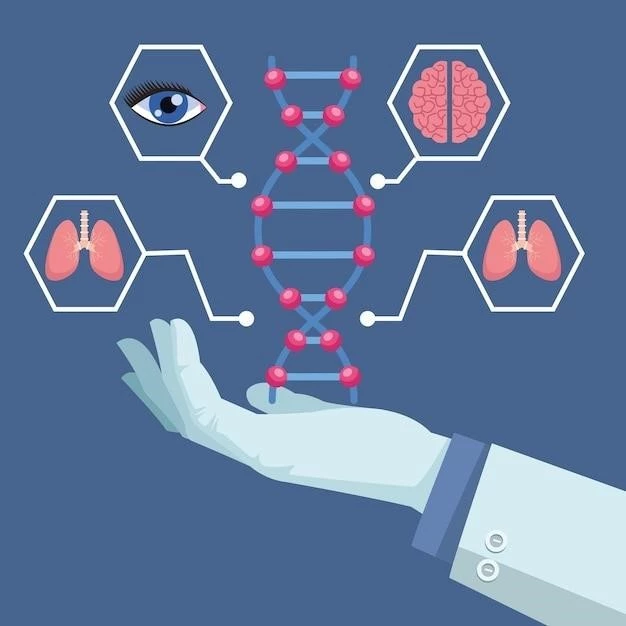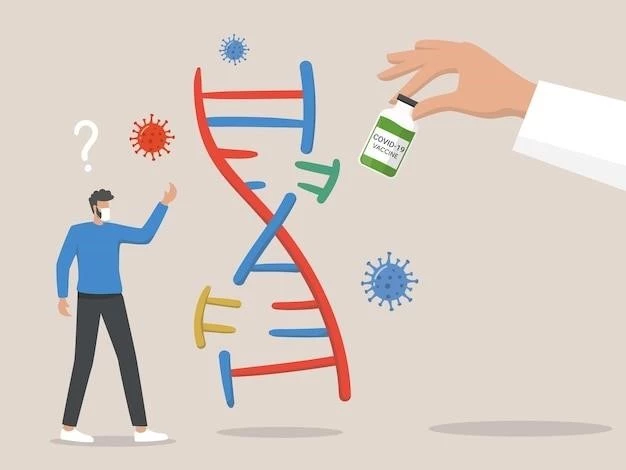Introduction
Thomas Syndrome is a rare genetic disorder characterized by renal anomalies, cardiac malformations, and cleft lip or palate. The syndrome, with marked variability, is likely inherited as an autosomal recessive trait.
Thomas Syndrome is a rare genetic disorder characterized by renal anomalies, cardiac malformations, and cleft lip or palate. The syndrome likely follows an autosomal recessive inheritance pattern with significant variability. Renal adysplasia, cardiovascular malformations, and orofacial anomalies are key features associated with this syndrome. While the exact cause and mechanisms remain under study, genetic mutations play a pivotal role in the development of Thomas Syndrome.

Clinical Presentation
Thomas Syndrome is characterized by renal anomalies, cardiac malformations, and cleft lip or palate. It follows an autosomal recessive inheritance pattern and exhibits significant variability.
Overview of Thomas Syndrome
Thomas Syndrome is a rare genetic disorder characterized by renal anomalies, cardiac malformations, and cleft lip or palate. The syndrome likely follows an autosomal recessive inheritance pattern with significant variability. Genetic mutations play a key role in the development of this syndrome, leading to a range of symptoms and characteristics. Research on this condition continues to provide insights into its complexity and potential treatment approaches.
Patients with Thomas Syndrome typically present with renal anomalies, cardiac malformations, and cleft lip or palate. These characteristic features contribute to the diagnosis of the syndrome, which is known for its variability in clinical presentation. The genetic mutations underlying this condition give rise to a spectrum of symptoms that can vary in severity among affected individuals.
Symptoms and Characteristics
Patients with Thomas Syndrome typically present with renal anomalies, cardiac malformations, and cleft lip or palate. These characteristic features contribute to the diagnosis of the syndrome, which is known for its variability in clinical presentation. The genetic mutations underlying this condition give rise to a spectrum of symptoms that can vary in severity among affected individuals.
Genetic Mutations and Causes
Genetic mutations are believed to underlie Thomas Syndrome, leading to the distinct renal anomalies, cardiac malformations, and orofacial characteristics observed in affected individuals. These mutations, which can be hereditary or spontaneous, contribute to the complex genetic etiology of this rare genetic disorder.
Differential Diagnosis
When assessing a patient with suspected Thomas Syndrome, healthcare providers must consider differential diagnoses that may present similarly. Conditions such as renal agenesis, cardiac malformations with genetic origins, and orofacial anomalies unrelated to Thomas Syndrome should be ruled out through thorough clinical evaluation and, when necessary, genetic testing.
Treatment and Management
Management of Thomas Syndrome involves addressing renal anomalies, cardiac malformations, and orofacial issues. A multidisciplinary approach combining medical interventions tailored to individual needs is essential for optimal care and outcomes.
Genetic Testing for Thomas Syndrome
Genetic testing plays a crucial role in the diagnosis and management of Thomas Syndrome. By identifying specific genetic mutations associated with the syndrome, healthcare providers can offer tailored treatment plans and genetic counseling to affected individuals and their families. Understanding the genetic basis of Thomas Syndrome can lead to improved targeted therapies and better outcomes for those affected by this rare genetic disorder.
Medical Interventions
Medical management of Thomas Syndrome focuses on addressing renal anomalies, cardiac malformations, and cleft lip or palate. Treatment interventions are tailored to each individual’s specific needs, aiming to improve quality of life and address any associated complications. A comprehensive approach involving various medical specialties is essential for the holistic management of this rare genetic disorder.
Prognosis and Complications
Individuals with Thomas Syndrome face challenges related to renal anomalies, cardiac malformations, and orofacial issues. The long-term outlook varies, with potential complications affecting quality of life and health outcomes.
Long-Term Outlook for Individuals with Thomas Syndrome
Individuals with Thomas Syndrome may experience challenges related to renal anomalies, cardiac malformations, and orofacial issues throughout their lives. The long-term prognosis varies depending on the severity of complications and the effectiveness of treatment strategies. Regular medical monitoring and tailored interventions can help manage these chronic conditions and improve overall quality of life for individuals with Thomas Syndrome.
Potential Complications and Associated Risks
Individuals with Thomas Syndrome may face various complications associated with renal anomalies, cardiac malformations, and orofacial issues. These challenges can impact daily life and may pose risks to overall health and well-being. Proper management and timely interventions are key in addressing these potential complications effectively.
Research on Thomas Syndrome is ongoing, focusing on understanding the genetic mutations driving the condition. Studying the variability in clinical presentation and exploring novel treatment modalities are key areas of interest in current investigations.
Current Studies on Thomas Syndrome
Ongoing research on Thomas Syndrome focuses on understanding the genetic mutations associated with the condition. Investigating the variability in clinical presentation and exploring new treatment modalities are key areas of interest in current studies. By delving into the genetic basis and potential treatment options, researchers aim to enhance the understanding and management of this rare genetic disorder.
Emerging Therapies and Treatment Modalities
Emerging therapies and treatment modalities in the realm of Thomas Syndrome are under investigation. Researchers are exploring new approaches to manage the renal anomalies, cardiac malformations, and orofacial issues associated with this syndrome. By developing innovative therapies, the aim is to improve outcomes and quality of life for individuals affected by Thomas Syndrome.
Support and Resources
Thomas Syndrome can be challenging, requiring support and resources. Various organizations, healthcare providers, research initiatives, and financial assistance programs exist to aid individuals and families affected by this rare genetic disorder.
Support Groups for Individuals and Families
Accessing support groups can provide valuable resources and a sense of community for individuals and families impacted by Thomas Syndrome. These groups offer emotional support, information sharing, and a platform for connecting with others facing similar challenges. By participating in support groups, individuals can gain insights, guidance, and solidarity in navigating the complexities of living with Thomas Syndrome.
Financial Assistance Programs
Financial assistance programs can offer support to individuals and families dealing with the challenges of Thomas Syndrome. These programs aim to alleviate the financial burden associated with medical care, treatments, and other related expenses. By exploring available resources, those affected by the syndrome can access the necessary support to manage their condition effectively.

Dealing with Thomas Syndrome requires support and resources to navigate the challenges it presents. Accessing organizations, healthcare providers, and research initiatives can offer valuable assistance to individuals and families affected by this rare genetic disorder. Financial aid programs exist to ease the burden associated with managing this condition.
Summary of Key Points
Thomas Syndrome is a rare genetic disorder characterized by renal anomalies, cardiac malformations, and orofacial issues. It is likely inherited as an autosomal recessive trait with significant variability in clinical presentation. Genetic mutations play a crucial role in the development of this syndrome, impacting various aspects of health. Research is ongoing to better understand the genetic basis and explore potential therapies for Thomas Syndrome.
